This is only my second year growing a garden but I have tips to share with you from what I learned last year; things I wish I knew and what I will do differently this time around. I started my garden with hopes and plans to live off fresh fruits and vegetables rather than store-bought produce. Also, for the freshness and confidence of knowing where they came from and that pesticides were not used to grow them. You can benefit from these useful tips for starting a garden.
I started my garden in the ground instead of raised beds. I wanted the room to experiment and personally did not want to build grow boxes.
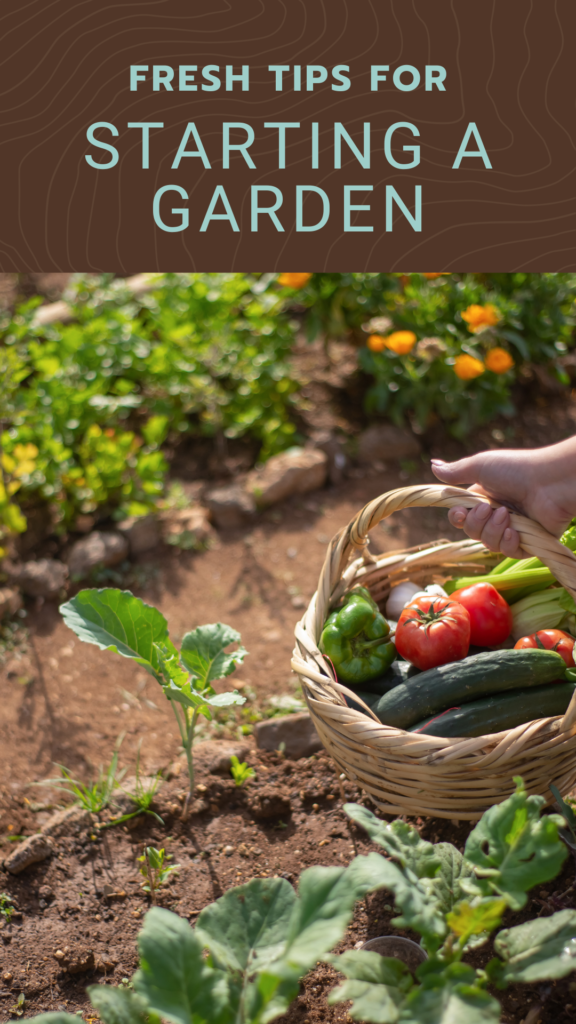
Tips for Starting a Garden
Things to consider for your first garden
- Till or rake the ground to prepare for planting.
- Decide whether or not you will start your own seeds or grow from plant starts (this will help determine how much time you need and when to start).
- Start small to prevent being wasteful and only plant what you can keep up with.
- Start simple. The basic plants I started with included tomatoes, pole beans, cucumbers, spaghetti squash, potatoes, cantaloupe, broccoli, and cabbage.
- Do not underestimate the weeds and the rate at which they grow.
- For pole beans, I use chicken wire down the rows wrapped around T-posts (6 ft.) so they have more room. This is very simple and can be used year after year.
- Do not be afraid to try planting new things. You will learn as you grow and will take note of which vegetables you get the most out of and your least favorite.
- I stored a lot of spaghetti squash and potatoes in my basement. All you need is a cold cellar or place in your basement that is dark and cool. These lasted me months after the season was over.
What I wish I would have known when I started my garden
- Not every seed/plant you plant is going to live or produce as you hope.
- Remember there are many other critters that love your plants if not more than you. (I tried to not use as many pesticides) and lost a lot to bugs and other animals.
- I lost all my cabbage and broccoli to cabbage worms last year. This year, I plan to use a cut out of a white butterfly to stick in the ground to deter cabbage moths. I will also plant dill around the plants.
- Put landscape fabric or plastic down and cut holes to put your plants in to reduce the amount of area you must weed.
- Find recipes and canning ideas ahead of time so you have a plan to use your veggies and preserve them in the best way possible. This will also help reduce the number of plants you let overgrow.
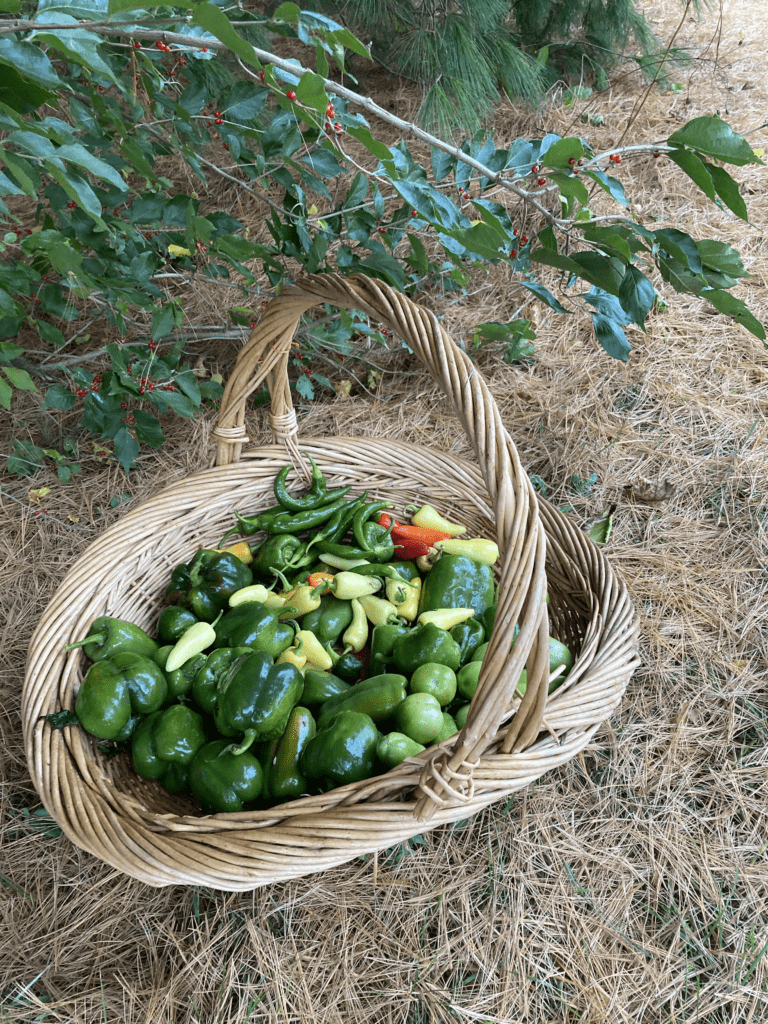
When I first started my garden, I did not have a clue what I was doing or what I would do with all the produce if I were unable to use it all for my family. I was taught how to hot bath and can all last year with the help of my sister and mother, which helped me preserve many fruits and vegetables for months to come. I recently learned there are many Food Banks around my area that also take donations to help local families. This year I may even put a self-serve veggie stand at our home. If it does not go to waste, it will be a successful year for me.
Read More: Essential Tips to Grow Your Own Garden Successfully
Commonly Asked Questions About Starting a Garden
How do you start a garden for beginners?
To start a garden as a beginner, begin by selecting a sunny spot, clearing the area of any debris, and loosening the soil. Next, decide on the type of garden (container, raised bed, or in-ground) and choose easy-to-grow plants.
What month should you plant a vegetable garden?
The ideal month to plant a vegetable garden varies based on your location and the specific vegetables you want to grow. Generally, it’s best to start planting in the spring after the last frost date for your area.
How do you prepare the ground for a first-time garden?
For a first-time garden, start by removing any weeds, rocks, or debris from the area. Then, loosen the soil using a garden fork or tiller. Incorporate organic matter such as compost to improve soil structure and fertility.
What is the easiest garden to start?
Container gardens are often the easiest for beginners. They require less space, can be placed anywhere with sunlight, and are easier to manage in terms of watering and soil quality. Herbs, lettuce, and cherry tomatoes are good choices for container gardens.
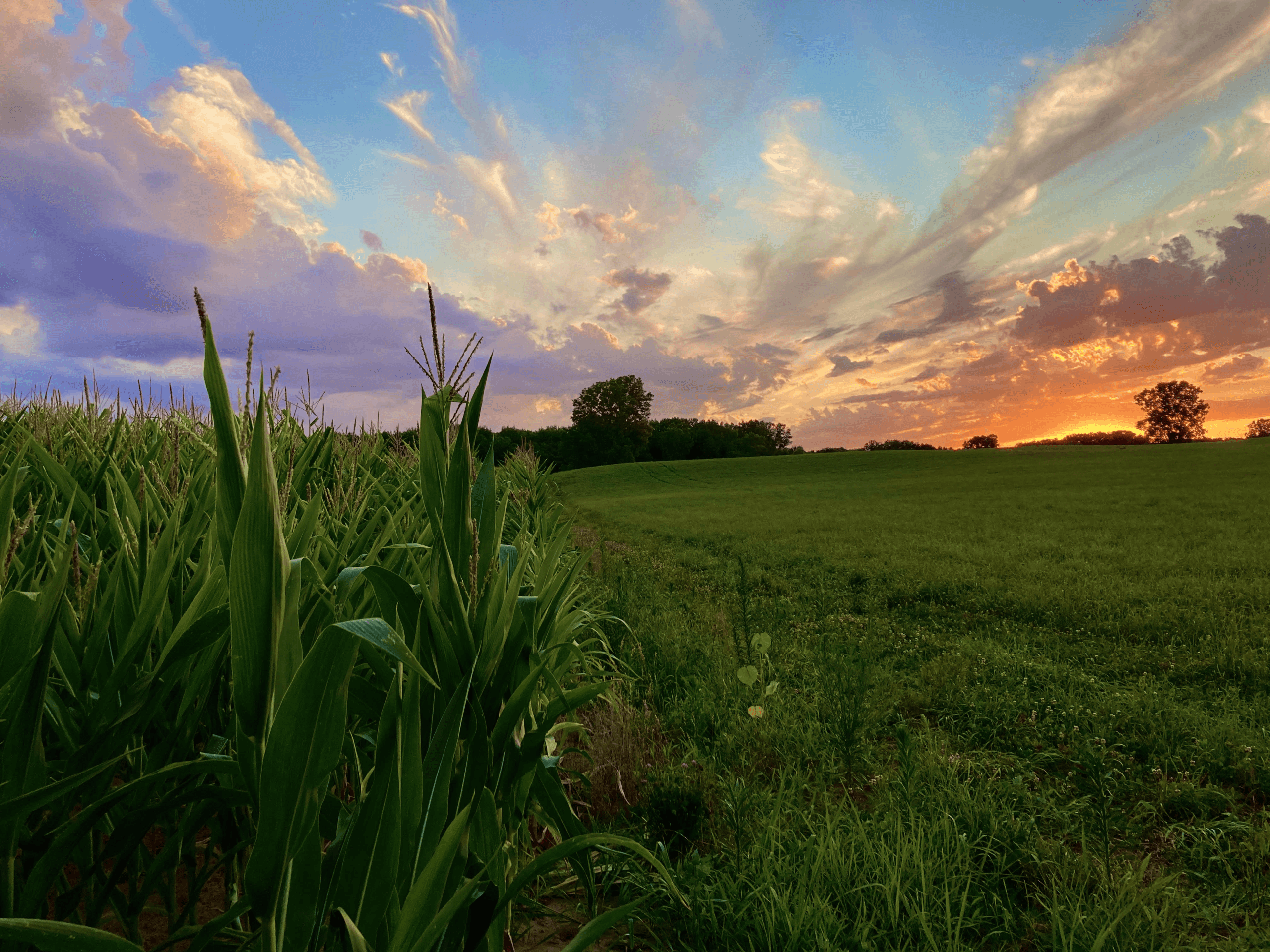
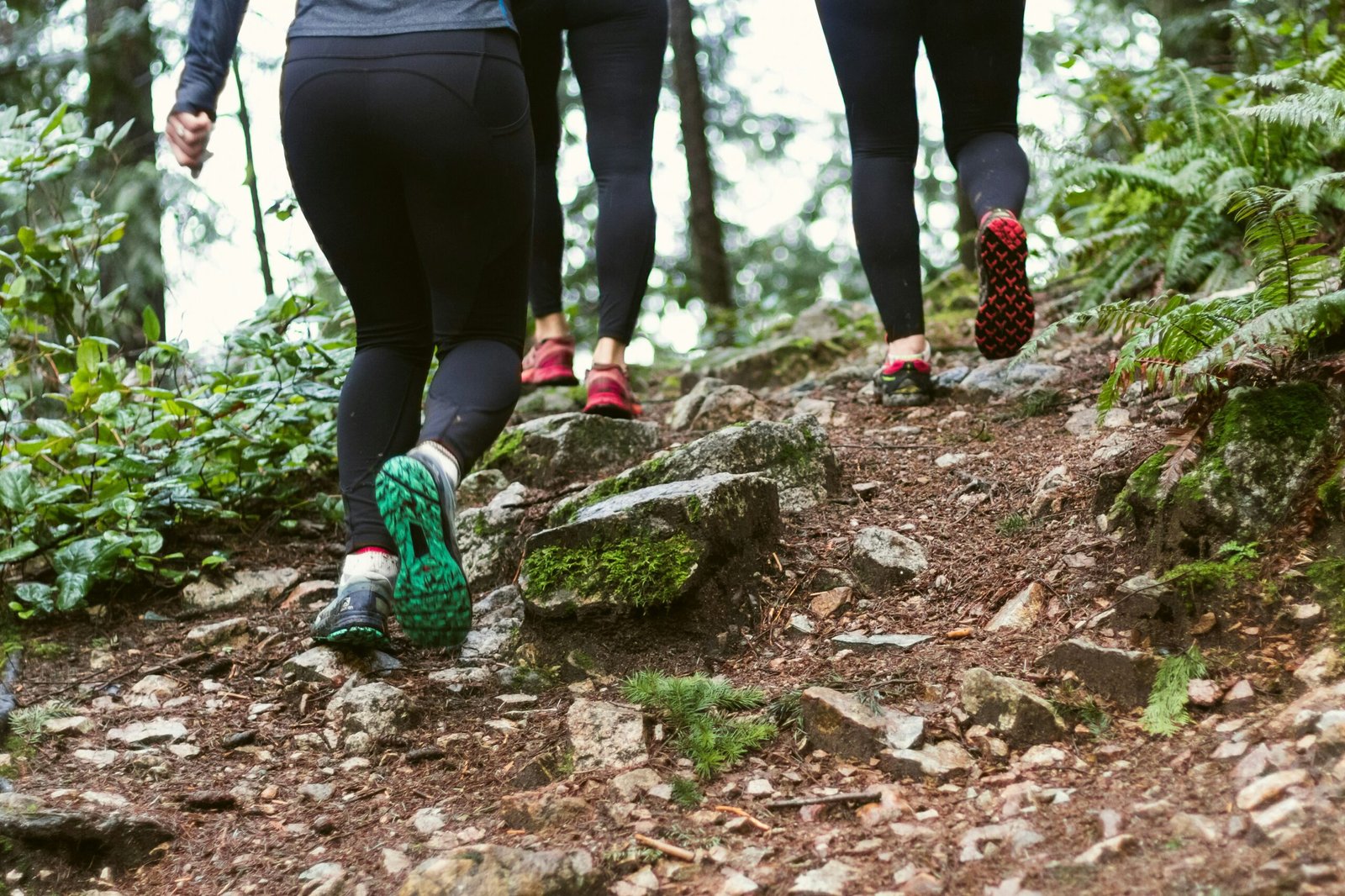
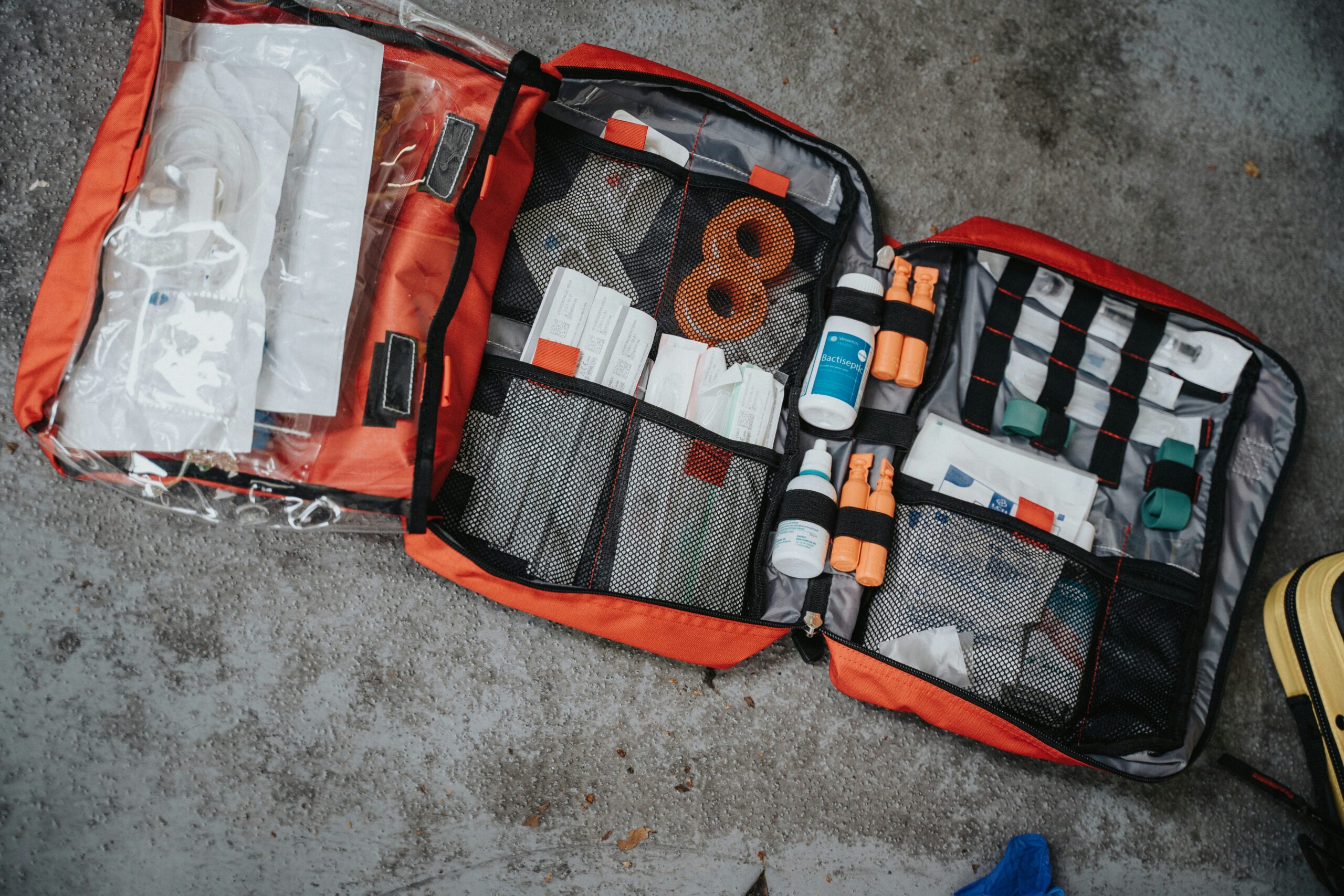

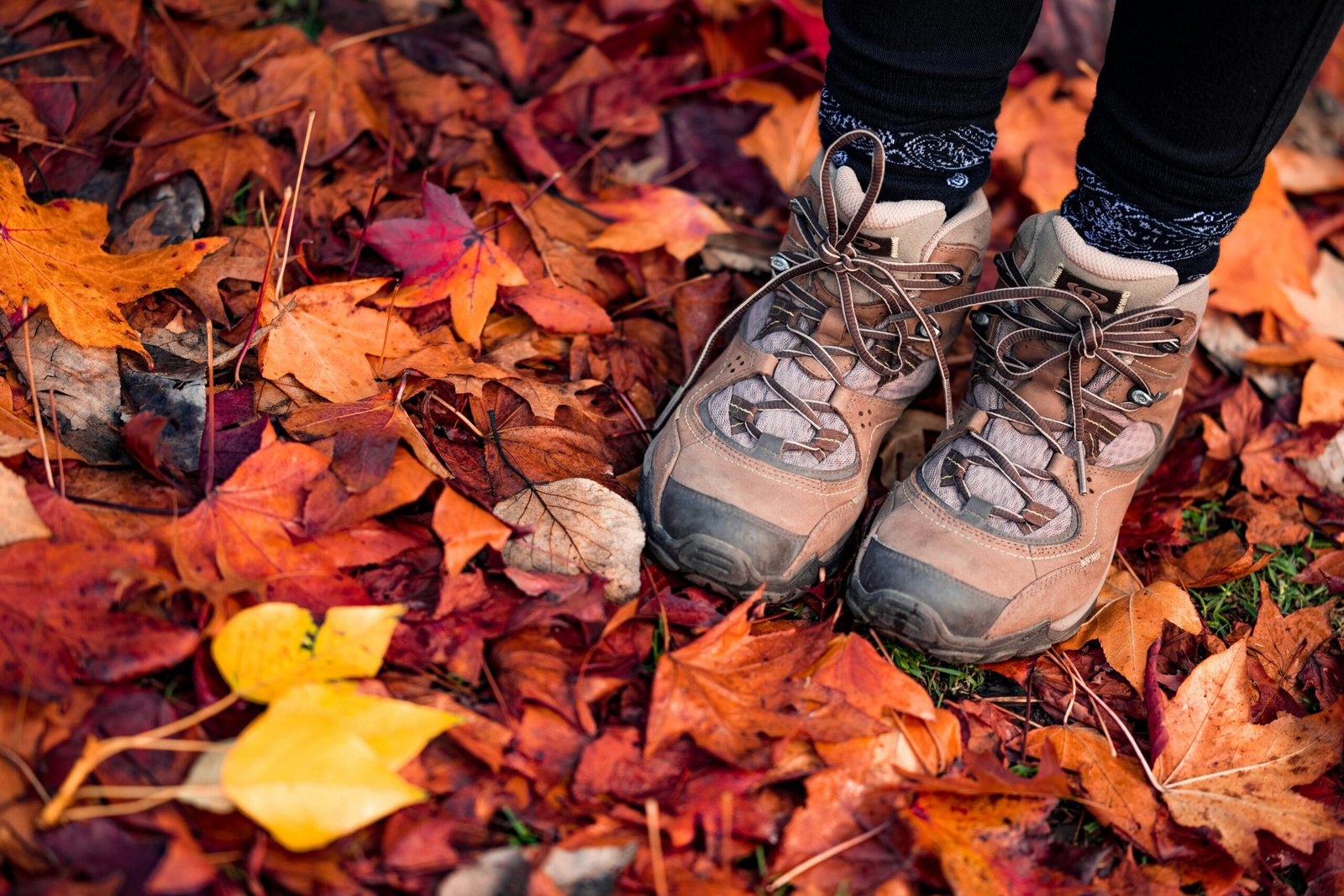
3 thoughts on “Fresh Tips for Starting A Garden”